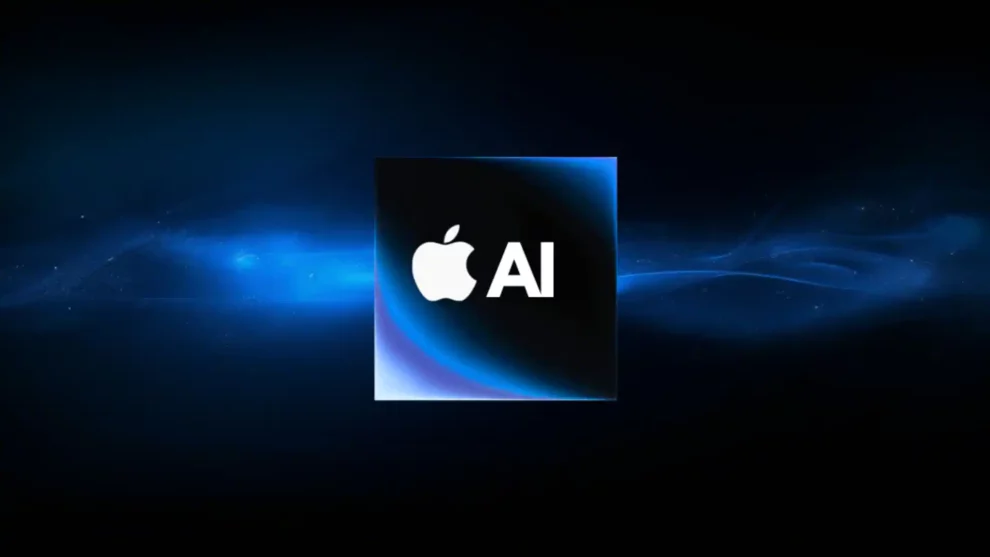Apple has pivoted its silicon development priorities toward artificial intelligence, reportedly canceling its fastest-ever Mac processor to focus resources on developing a groundbreaking AI server chip codenamed “Baltra.” The strategic shift, revealed in a report by The Information, signals Apple’s aggressive move to establish itself in the competitive AI hardware market by 2026.
The tech giant’s Israeli silicon design team, previously instrumental in the successful transition from Intel processors to Apple Silicon in Macs, is now spearheading the Baltra project. In a decisive move this summer, Apple shelved plans for an ambitious high-performance Mac chip that would have combined four processors into a single powerhouse unit, redirecting engineering talent toward the AI initiative.
The development marks a significant collaboration with semiconductor leader Broadcom, leveraging their specialized networking technologies crucial for AI processing. This partnership represents a departure from Apple’s typically independent chip design approach, suggesting the company recognizes the need for external expertise in tackling the complex challenges of AI computing infrastructure.
The project will utilize Taiwan Semiconductor Manufacturing Company’s (TSMC) cutting-edge N3P process technology, surpassing the capabilities of current M-series processors. This technological advancement underscores Apple’s commitment to pushing the boundaries of chip performance and efficiency for AI applications.
This strategic pivot follows Apple’s recent engagement with Foxconn to construct AI servers in Taiwan, utilizing existing M-series chips. The combined initiatives reveal a comprehensive approach to building AI infrastructure, with the company developing both immediate solutions and long-term hardware innovations.
The Baltra project represents more than just a new chip development; it signals Apple’s recognition of AI’s central role in future computing. By dedicating significant resources and sacrificing other high-profile projects, Apple demonstrates its determination to establish a strong foundation in AI processing capability, potentially reshaping its product ecosystem.
The partnership with Broadcom, valued at $850 billion, adds another layer of significance to the project. Broadcom’s expertise in networking solutions could prove crucial in developing the sophisticated interconnect technologies required for high-performance AI processing. This collaboration might also indicate Apple’s strategy to accelerate development by combining its chip design prowess with Broadcom’s specialized knowledge.
The timing of this development is particularly noteworthy as major tech companies race to establish dominance in AI hardware infrastructure. Apple’s decision to prioritize AI server chip development over traditional computing hardware suggests a recognition that future competitive advantages may lie more in AI processing capabilities than in conventional computing power.
The cancelation of the high-performance Mac chip project, while potentially disappointing for Mac enthusiasts, reveals Apple’s pragmatic approach to resource allocation. By concentrating its engineering talent on AI infrastructure, the company appears to be betting on AI’s transformative potential across its entire product line rather than focusing on incremental improvements to existing hardware.
Looking ahead to the projected 2026 production timeline, the Baltra project could position Apple to better compete with tech giants already deeply invested in AI infrastructure. The development of custom AI processing hardware could enable more sophisticated on-device AI features while potentially reducing reliance on third-party cloud services for AI computation.
This strategic realignment also suggests potential long-term implications for Apple’s product ecosystem, indicating a future where AI capabilities play an increasingly central role in user experiences across all Apple devices and services.
















Add Comment